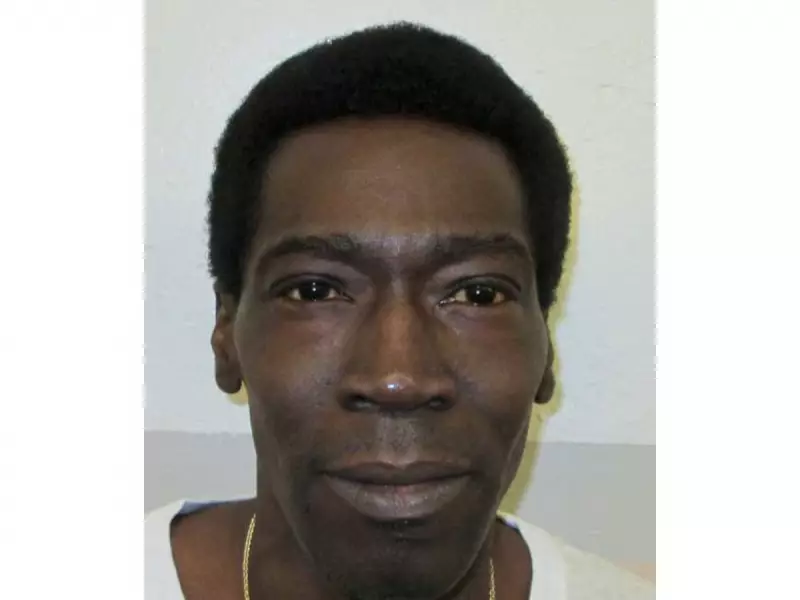
The US state of Alabama has carried out its second execution using nitrogen gas, putting Anthony Boyd to death despite growing international condemnation and ongoing legal battles over the controversial method.
Controversial Method Repeated
Boyd, 58, was pronounced dead at 8:02pm local time at the William C. Holman correctional facility in Atmore, marking Alabama's continued use of nitrogen hypoxia despite widespread criticism. The execution proceeded even as multiple legal challenges questioned whether the method constitutes cruel and unusual punishment.
Execution Details and Last Words
According to official reports, the nitrogen gas execution took approximately 22 minutes to complete. Boyd's final statement expressed remorse for his crimes, telling victim family members: "I'm sorry for what I done. I hope you find it in your heart to forgive me."
Witness accounts described Boyd taking several deep breaths once the nitrogen began flowing, with visible shaking and heavy breathing observed before he eventually became still.
Mounting International Criticism
The execution has drawn sharp rebuke from human rights organisations and international bodies. The United Nations Human Rights Office had previously condemned nitrogen hypoxia as potentially amounting to torture, while Amnesty International called the method "a cruel and untested punishment."
Ravina Shamdasani, spokesperson for the UN human rights office, stated: "We have serious concerns that these executions could amount to torture or other cruel, inhuman or degrading treatment under international human rights law."
Legal Challenges Continue
Despite the execution proceeding, legal battles surrounding nitrogen gas executions are far from over. Several ongoing cases challenge the method's constitutionality, with opponents arguing it causes unnecessary suffering.
Alabama remains one of only three US states that have authorised nitrogen hypoxia as an execution method, alongside Oklahoma and Mississippi. The state's first use of the method in January 2024 to execute Kenneth Smith lasted approximately 22 minutes and drew similar condemnation.
Victims and Crimes Remembered
Boyd was convicted for the 1993 murder of 87-year-old Lillian Montgomery during a burglary. Montgomery's granddaughter, speaking after the execution, expressed that while the execution brought closure, "no outcome can truly heal the pain of losing someone so violently."
The case continues to highlight the ongoing debate surrounding capital punishment methods in the United States and their alignment with international human rights standards.





